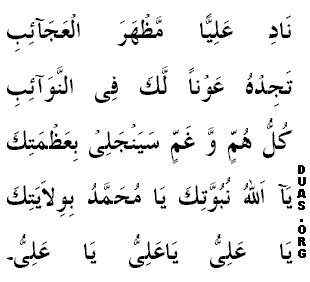No one answered my question about what this writing on the tiger means .What does it say here ?.
Does anyone know ?.
No one answered my question about what this writing on the tiger means .What does it say here ?.
I am so curious about the tiger because I am a tiger too....In the girls picture I can read the little one by the side, its bismillahi rahmani rahim

I need a real microscope to see that....I am half blind already....Ah in that case here is one more for you:
http://photos1.blogger.com/blogger/1717/1584/400/Hassan Musa a.png
And no, I don't know what that says either. Or if its Arabic or Persian.
My absolute favourite:

Can you tell us what the writings say on the tiger.....etc ?.hello for everyone
i am an Arabian person
i would like to learn more about the english language because my studying is based on it .
as well as i will help you for learning arabic language if you would
my regards ,
Both were derived from the Phoenician alphabet (technically an abjad because it didn't have vowels) and ultimately from the proto-Canaan, so the similarity is natural. Even the names of some of the letters are almost the same: alif/aleph dal/daledh gim/gimel sin/sin qaf/qof gayn/ghayin lam/lamedh mim/mem nun/nun waw/waw.Some arabic letters look like variations of Hebrew letters rotated or shrunk. If there was a Hebrew - Arabic lexicon I'd have an easier time.
What does it say here ?.


If you find out what the tiger says, would you also find out what this crane says:
...
And this hawk

And this girl:

Some arabic letters look like variations of Hebrew letters rotated or shrunk. If there was a Hebrew - Arabic lexicon I'd have an easier time.
Hebrew is a language of scholarship in Western civilization because of its relevance to the roots of the Abrahamic religions, although it runs a distant fifth in that role to Latin, Greek, French and German. Many of us know the abjad and the vowel marks, can read it aloud, and have vocabularies in the 3-5 range on my powers-of-three scale (30-300 words). I can recite Hebrew in the classical pronunciation from when it was first a living language, but the phonetics of modern Israeli Hebrew, streamlined during its long service as a liturgical language in the mouths of people who spoke Aramaic and, later, European languages, are not familiar to me. When I sing folk songs like "Havah Nagila" with extra syllables and forgotten sounds like TH, it makes people cringe.A fellow Hebrew speaker/reader? Hello
Arabic, on the other hand, is not a popular study among Westerners. Even though it is the world's sixth language with two hundred million speakers--more than Portuguese and on a par with Bengali--and despite its obvious political, military and economic importance, it is only the ninth most popular foreign language in America's schools, with a pitiful contingent of six thousand students nationwide in the last report I saw.
